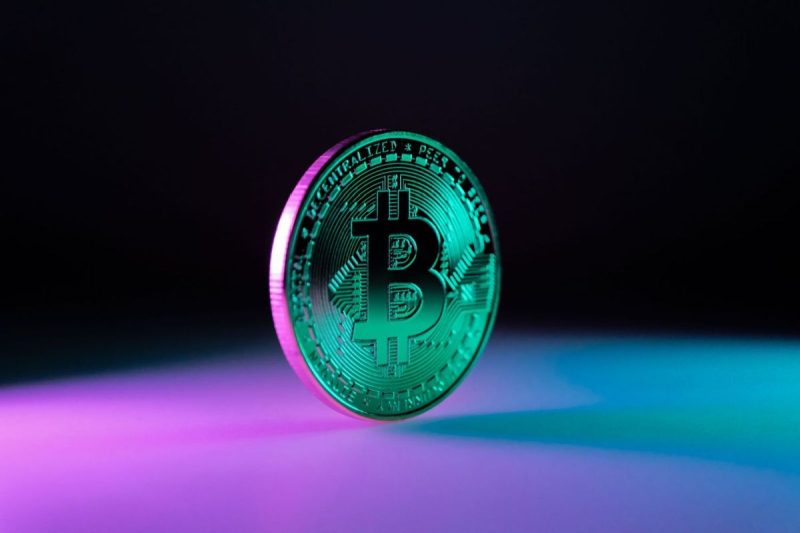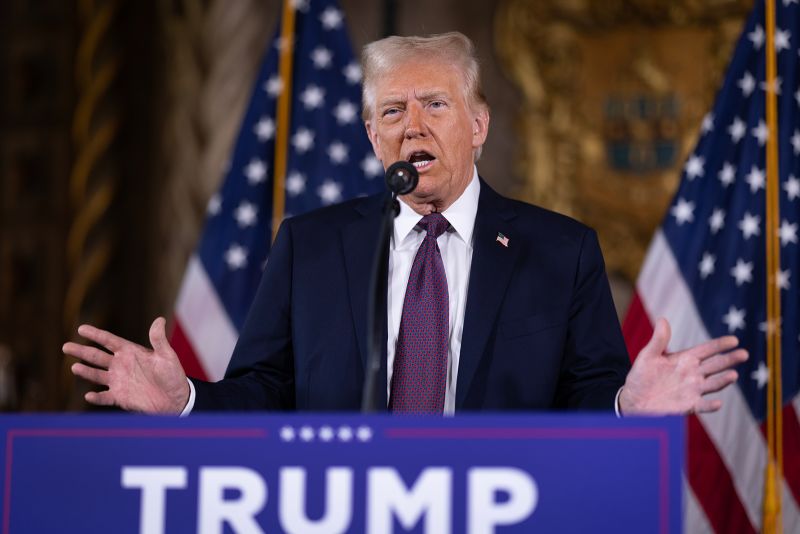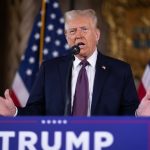Bitcoin Reaches New Record High on Reserve Asset Speculation
December 17, 2024
Bitcoin hit a new record high of US$107,554 on December 16 following growing interest in Bitcoin as a potential reserve asset.
The speculations were spurred by a statement from US President-elect Donald Trump about creating a strategic reserve for cryptocurrencies.
“We’re going to do something great with crypto because we don’t want China or anybody else — not just China but others —embracing it ahead of us,” Trump said in a CNBC interview on December 12.
He further emphasized his administration’s intention to explore a Bitcoin reserve to strengthen the US position in the global cryptocurrency landscape.
The prospect of Bitcoin gaining reserve asset status has fueled institutional interest in the digital currency. Data from CoinShares showed that digital asset investment products saw US$3.2 billion in inflows last week, marking 10 consecutive weeks of gains.
Bitcoin products, including exchange-traded funds (ETFs), accounted for US$2 billion of these inflows, while Ethereum investment products attracted US$1 billion.
According to CoinShares, global Bitcoin ETFs now manage over US$135 billion in assets, reflecting heightened institutional adoption.
Market observers and analysts have presented mixed projections for Bitcoin’s future following the statements.
Arthur Hayes, co-founder of BitMEX, told Forbes that Bitcoin could reach prices between “hundreds of thousands to US$1 million” if it secures formal reserve status.
Bernstein analysts forecast Bitcoin reaching US$500,000 by 2029 and US$1 million by 2033, driven by the adoption of regulated Bitcoin ETFs.
However, skeptics argue that Bitcoin’s volatility and lack of stability compared to traditional reserves like gold or government bonds remain significant barriers.
Chris Weston, head of research at Pepperstone, cautioned against overly optimistic expectations, stating that implementing a strategic Bitcoin reserve would require strategic planning and communication.
‘I think we still need to be cautious on a BTC strategic reserve, and at least consider that this is not likely to happen anytime soon,’ Weston told Reuters.
Worldwide, governments have started accumulating Bitcoin as part of their reserve strategies.
As of July, global governments held 2.2 percent of Bitcoin’s total supply, with the United States owning nearly 200,000 Bitcoin worth over US$20 billion. Other significant holders include China, the UK, Bhutan and El Salvador.
Russian President Vladimir Putin has pointed to cryptocurrencies as an alternative reserve asset amid declining confidence in the US dollar, stating that Bitcoin ‘cannot be prohibited by anyone.’
Since the US election on November 5, Bitcoin’s price has gained more than 50 percent, with the cryptocurrency’s total market capitalization nearing US$3.8 trillion.
Trump’s pro-crypto stance during his campaign and subsequent announcements have contributed to growing confidence in the sector.
The President-elect recently named David Sacks, a former PayPal (NASDAQ:PYPL) executive, as White House czar for artificial intelligence and cryptocurrencies.
Additionally, pro-crypto Washington attorney Paul Atkins is expected to lead the Securities and Exchange Commission under Trump’s administration.
Securities Disclosure: I, Giann Liguid, hold no direct investment interest in any company mentioned in this article.









